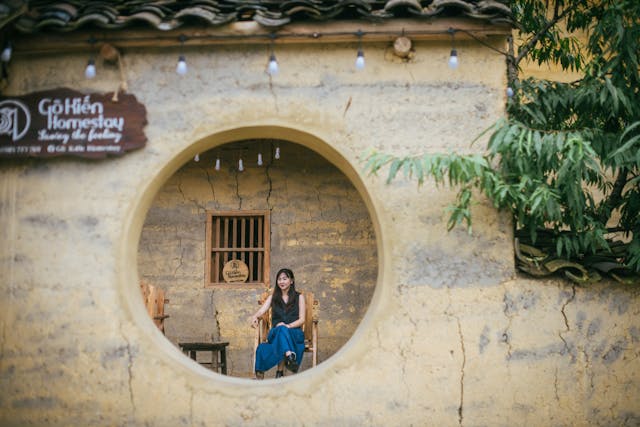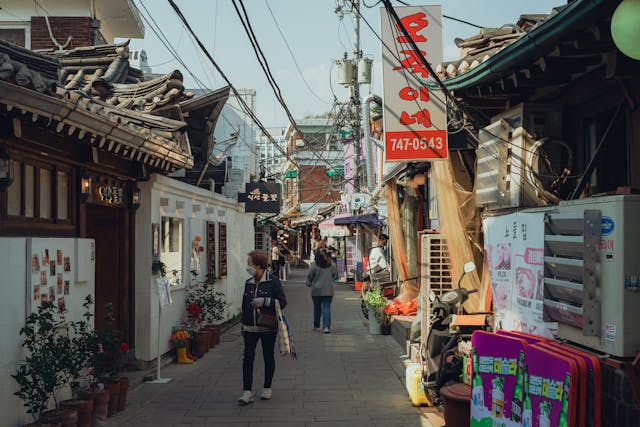Traveling is not just about exploring new destinations; it’s also about immersing yourself in the local traditions and cultures that make each place unique. By showing respect and understanding, you can create meaningful connections, enrich your travel experience, and ensure that your presence contributes positively to the community. Here’s a guide to help you navigate cultural nuances with sensitivity and respect.
1. Do Your Research Before You Go
Understanding a destination’s traditions, etiquette, and cultural norms before your trip is a sign of respect.
- How to Do It:
- Read about local customs, dress codes, and religious practices.
- Learn a few basic phrases in the local language, like greetings or “thank you.”
- Why It Matters: Knowledge helps you avoid unintentionally offending locals and shows your genuine interest in their culture.
2. Dress Modestly and Appropriately
Clothing can be a sensitive subject in many cultures, especially in religious or rural areas.
- How to Do It:
- Cover your shoulders, arms, and legs when visiting temples, mosques, or rural communities.
- Carry a scarf or shawl for unexpected situations requiring modest attire.
- Why It Matters: Dressing appropriately demonstrates your awareness and consideration for local sensibilities.
3. Follow Religious and Sacred Site Etiquette
Places of worship and sacred sites often have specific rules that visitors should respect.
- How to Do It:
- Remove shoes before entering temples, mosques, or homes where required.
- Avoid touching sacred objects or crossing prayer areas unless permitted.
- Refrain from loud conversations or photography unless explicitly allowed.
- Why It Matters: Following these practices preserves the sanctity of these spaces and avoids offending worshippers.
4. Be Mindful of Personal Space and Gestures
Body language and social norms vary widely across cultures.
- How to Do It:
- Avoid public displays of affection in conservative regions.
- Use your right hand for giving or receiving items in countries like India and the Middle East.
- Learn gestures that may have different meanings locally (e.g., a thumbs-up can be offensive in some cultures).
- Why It Matters: Respecting personal boundaries prevents misunderstandings and fosters goodwill.
5. Support Local Economies Ethically
Engaging with local businesses can boost the community, but it’s essential to do so responsibly.
- How to Do It:
- Buy souvenirs and products directly from artisans or small businesses.
- Avoid haggling excessively; pay a fair price to honor the craftsperson’s effort.
- Refrain from engaging in exploitative activities like animal rides or performances.
- Why It Matters: Ethical spending supports livelihoods while preserving cultural heritage.
6. Ask Before Taking Photos
Photography can sometimes intrude on privacy or disrupt local life.
- How to Do It:
- Always ask for permission before taking pictures of people, especially in rural or tribal areas.
- Respect “no photography” signs, particularly in religious or sacred spaces.
- Why It Matters: Seeking consent demonstrates respect for people’s dignity and personal boundaries.
7. Respect Local Food Customs
Food is an integral part of culture, and understanding dining etiquette can enhance your experience.
- How to Do It:
- Try local dishes and show appreciation for their culinary traditions.
- Use utensils or your hands as per the local norm (e.g., eating with hands is customary in South India).
- Be mindful of dietary restrictions, such as vegetarian-only zones in certain religious areas.
- Why It Matters: Respecting food traditions fosters cultural exchange and appreciation.
8. Participate in Local Traditions Thoughtfully
Engaging in festivals, rituals, or cultural activities can be a rewarding experience, but do so with care.
- How to Do It:
- Observe and follow the lead of locals if you’re invited to participate.
- Avoid turning traditions into photo opportunities without understanding their significance.
- Why It Matters: Thoughtful participation shows humility and genuine interest in the culture.
9. Avoid Stereotyping and Prejudices
Every individual is unique, and no culture should be reduced to stereotypes.
- How to Do It:
- Approach every interaction with an open mind.
- Avoid making assumptions about people’s beliefs, practices, or behavior.
- Why It Matters: Breaking free from stereotypes fosters mutual respect and understanding.
10. Leave No Trace
Sustainability is a key aspect of respecting local communities and environments.
- How to Do It:
- Dispose of waste responsibly and avoid using single-use plastics.
- Do not take artifacts, plants, or other natural items as souvenirs.
- Why It Matters: Preserving the environment ensures that future generations can enjoy these cultural and natural treasures.
The Impact of Respectful Travel
Traveling with respect not only enriches your experience but also builds bridges of understanding between cultures. It shows that tourism can be a force for good, creating lasting memories while preserving the essence of a place.
Your Challenge:
On your next trip, practice these best practices and reflect on the positive impact you’ve made. Share your experiences and encourage others to travel responsibly!





